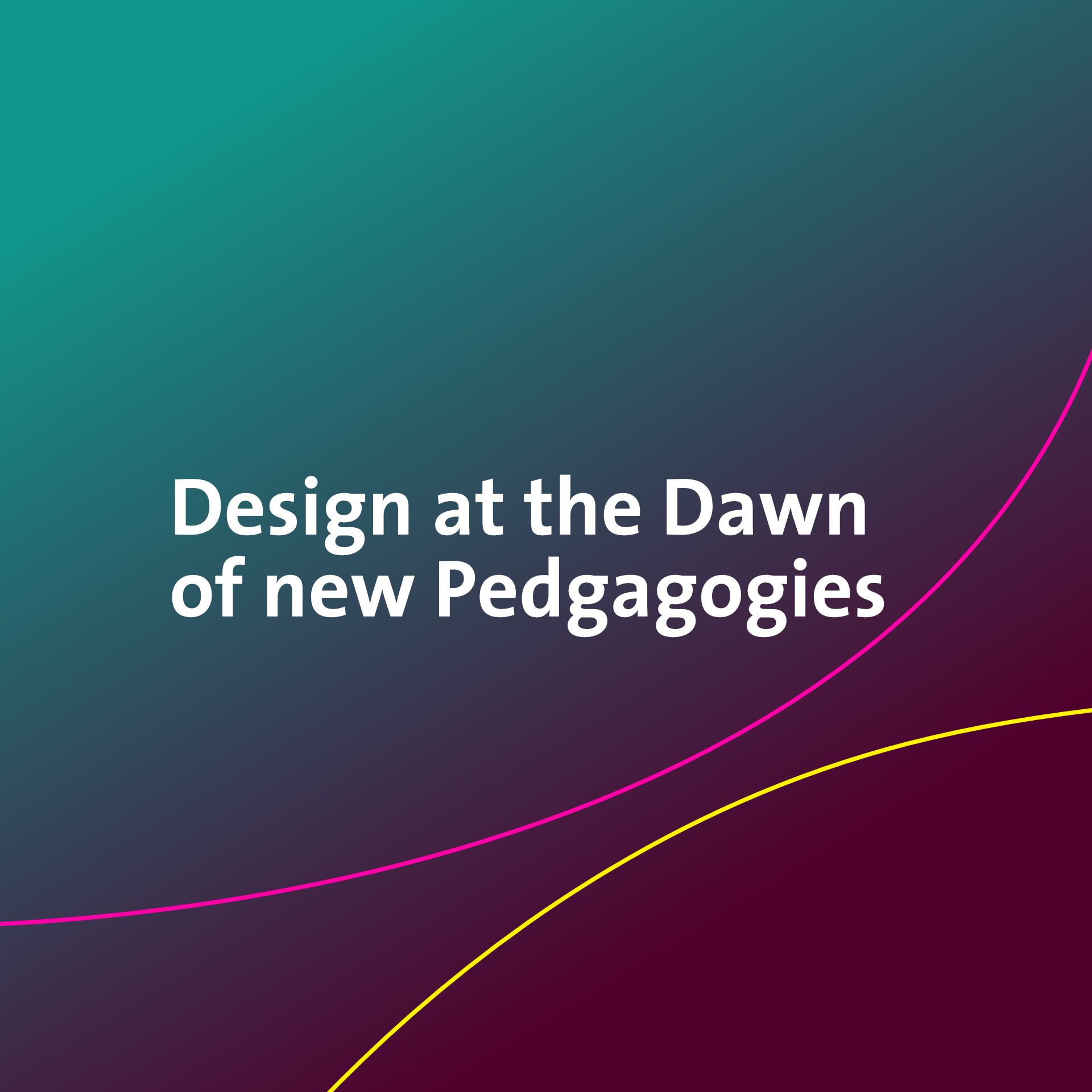There is a lot being written and said about the transformative power of Design in the context of complex problem solving. Initiatives such as the New European Bauhaus commit to design as a discipline that holds the power of identifying, framing and solving clusters of problems such as e.g. the ones summarised in Agenda 2030 by applying strategies of collective project-making with a specific regard to human- and planet-centredness.
Yet, Design Education keeps being stuck in an identity crisis that oscillates between the teaching of traditional making skills, a scholarised discourse trying to engage in Critical Theory and the expanding field of teaching design as a mindset or “way of thinking” to address organisational change and challenges in innovation. A holistic approach, which often is promoted as being one of the strengths of the design domain, is clearly lacking in the context of this educational crisis of one of the youngest academic disciplines in Europe.

Meanwhile, shorter half-life of knowledge and skills urges today’s learners to leave linear learning paths and engage in networks of lifelong learning. Job profiles are becoming less clear and predictable, which again urges learners to continue their learning biographies on the job where an extended educational landscape is being catered by a rising number of private actors. It becomes more and more clear that education itself has turned into a wicked problem that needs to be addressed. And from a design perspective the question rises whether and how design education is ready to face this dawn of new pedagogies.
It was a pleasure to share and discuss some of these observations at the 2021 Virtual Design Education Forum organised by the New Art School. Enjoy watching the video of my Keynote, whatch the entire panel discussion or download the presentation at the link, below!
